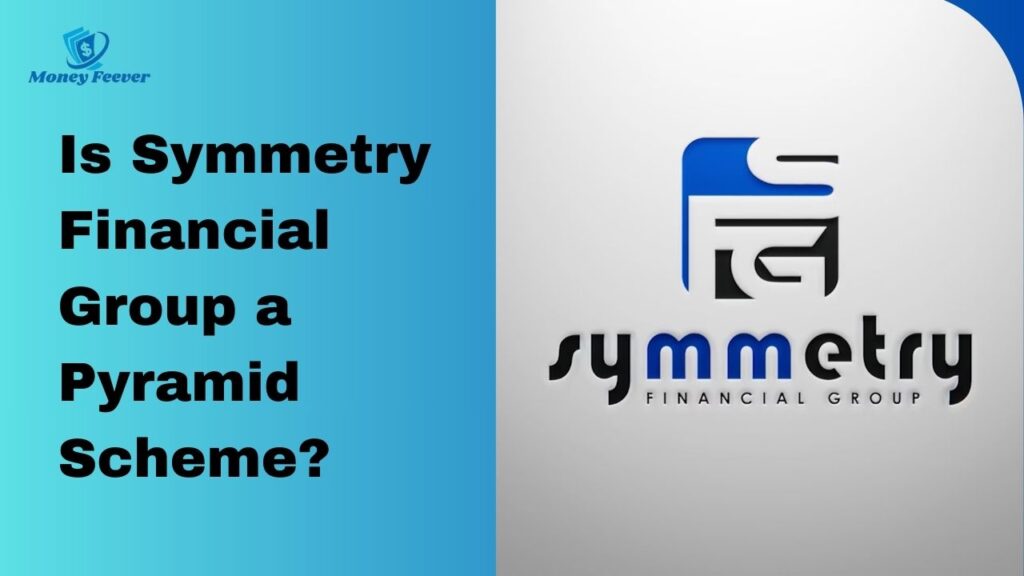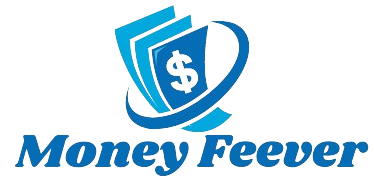Have you ever been approached about a lucrative work-from-home opportunity selling insurance? Symmetry Financial Group (SFG) might be one company you’ve encountered. But before you jump in, it’s crucial to understand how SFG operates.
Here’s the question: Is SFG a legitimate insurance agency offering a solid career path, or is it something more akin to a pyramid scheme that prioritizes recruitment over actual sales?

This blog will delve into the world of SFG, exploring its business model, compensation structure, and potential red flags to help you decide if it’s the right fit for you.
Background of Symmetry Financial Group (SFG)
Symmetry Financial Group (SFG) is a leading independent insurance marketing organization (IMO) in the United States. Founded in 2009, they focus on empowering life insurance agents by providing them with the tools and resources to succeed.
Here’s a quick overview:
- Business Model: SFG acts as a middleman, connecting insurance agents with a wide range of insurance carriers. They offer agents training, technology platforms, and sales leads to help them sell various life insurance and retirement products.
- Services: SFG doesn’t directly sell insurance, but equips agents to sell life insurance solutions like term life, universal life, and mortgage protection. They also offer disability and critical illness insurance.
Overall, SFG helps independent agents build their own businesses by providing support and resources in the life insurance and retirement planning market.
Is Symmetry Financial Group a Pyramid Scheme? Examining the Model
To determine whether Symmetry Financial Group leans towards a pyramid scheme or operates legitimately within MLM standards, several factors must be examined:
1. Recruitment-focused compensation:
- Pyramid Schemes: Heavily emphasize recruiting new members to make money, with commissions based primarily on sign-ups rather than product sales.
- SFG: As an IMO, SFG likely compensates agents based on commissions from selling insurance products offered by partnered carriers. While recruitment might play a role in building their network, their core business revolves around insurance sales.
2. Lack of genuine product or service:
- Pyramid Schemes: Often have low-quality or overpriced products that serve as a front for recruitment.
- SFG: SFG offers a variety of life insurance and retirement products from established carriers. These products have value to customers seeking financial protection.
3. High initial investment:
- Pyramid Schemes: Often require significant upfront fees to join, regardless of qualifications.
- SFG: Information about joining fees is not readily available publicly. It’s best to contact SFG directly to inquire about any potential costs associated with becoming an agent.
4. Promises of high returns with little effort:
- Pyramid Schemes: Lure people with unrealistic claims of getting rich quick with minimal work.
- SFG: It’s important to be wary of any claims that guarantee high income or easy success in the insurance industry. Building a successful insurance business likely requires hard work, dedication, and knowledge
Based on this analysis, SFG doesn’t exhibit the hallmarks of a pyramid scheme. Their business model focuses on providing insurance products and agent support, not solely on recruitment. However, it’s always wise to do your research before joining any program, including:
- Checking with organizations like the Better Business Bureau (BBB) for any complaints.
- Reviewing agent contracts carefully to understand compensation structures and potential costs.
- Researching the reputation of the insurance carriers SFG partners with.
Read More: Is Thrivent Financial a Pyramid Scheme?
Comparison with Legal Multi-Level Marketing (MLM)
Focus on Product Sales:
- Pyramid Schemes: Focus heavily on recruitment to make money. Commissions are primarily based on signing up new members, with little emphasis on selling actual products or services. These products often have little value or are overpriced.
- Legitimate MLMs: Focus on selling legitimate products or services to end consumers. While they might offer incentives for recruiting new distributors, a significant portion of income comes from direct product sales.
SFG: Based on the available information, SFG seems to prioritize product sales over pure recruitment. They offer various life insurance and retirement products with value to customers. Their agents likely earn commissions based on selling these products.
Compliance with Laws and Regulations:
- Pyramid Schemes: Often operate outside legal boundaries. They might face legal action for deceptive practices or being unregistered investment schemes.
- Legitimate MLMs: Operate within legal guidelines set by organizations like the Federal Trade Commission (FTC) in the US. These guidelines ensure the focus is on selling products and prevent pyramid scheme practices.
SFG: As an insurance marketing organization, SFG likely operates within relevant regulations. However, it’s always a good idea to check:
- If SFG is registered with your state’s insurance department.
- Any complaints against SFG filed with the Better Business Bureau (BBB).
Overall: Based on the emphasis on product sales and potential for compliance with regulations, SFG seems to operate more like a legitimate MLM than a pyramid scheme. However, further research into their specific agent compensation structure and any regulations they operate under is recommended before joining.
Conclusion
Based on the outlined criteria and analysis, it appears that Symmetry Financial Group operates more as a traditional MLM company rather than a pyramid scheme. While there may be challenges and criticisms associated with MLMs in general, SFG seems to focus on genuine product sales alongside recruitment, which aligns with legal MLM practices.
Read More: Is Primerica Financial Services a Pyramid Scheme?
